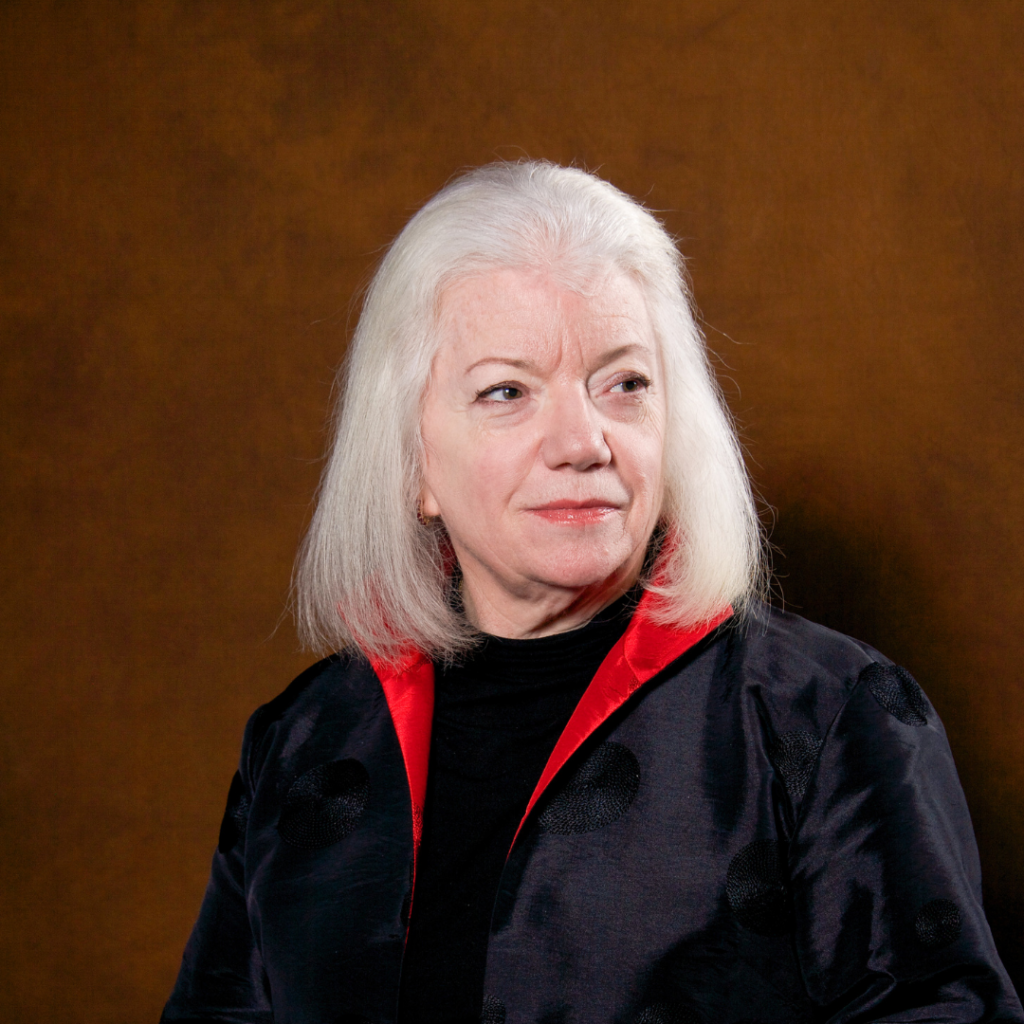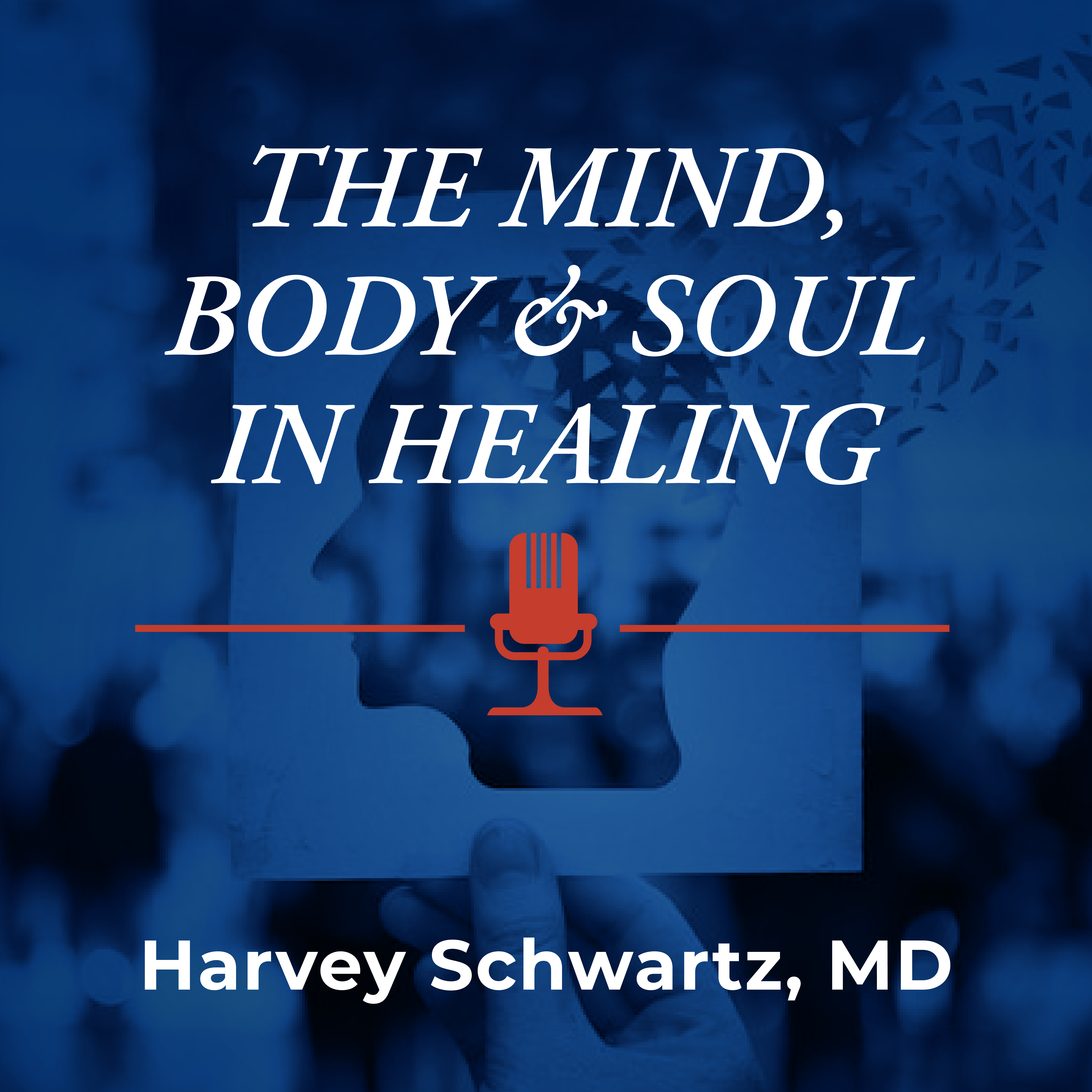
“There’s this kind of dance between biology and this little molecule that gave us the capacity to take care of our infants by feeding them directly. That gave us tremendous freedom – we didn’t need a nest so we were able to wander the planet. We could interact with all kinds of others as long as mom was there for the first couple of years, or let’s say, at least six months, to feed the baby. The relationship between the mother and the baby, of course, has been shown by many to be foundational to other forms of relationships. So oxytocin is part of the system that allows us to be maternal, that allows us to be mammals, that allows us to be humans.”
Episode Description: We begin by distinguishing quick-fix ideas about ‘the love hormone’ from the complex biological systems that interface with oxytocin. Sue describes oxytocin as the biological core of what it means to be human. We discuss the role of oxytocin in lactation and as a facilitator of long-term emotional bonding which impacts longevity and an overall sense of well-being. We consider the paradoxical negative impact of exogenous oxytocin in those who have a history of early developmental trauma. We review those methods of increasing our endogenous oxytocin, i.e. exercise, and orgasm, as well as the role of the microbiome in stimulating its production. We close with reflections on the aesthetics of the scientific enterprise.
Our Guest: Sue Carter, Ph.D. is a Distinguished University Research Scientist at the Kinsey Institute, former Director of that Institute, and Rudy Professor Emerita of Biology at Indiana University Bloomington. She formerly held professorships at the University of Illinois Medical Center, Chicago as well as the University of Maryland and the University of Illinois, Urbana-Champaign. She was the recipient of a National Institute of a Mental Health Research Scientist Award and has had federal funding for her research for over 50 years. She has authored more than 400 peer-reviewed publications and edited 5 books including Attachment and Bonding: A New Synthesis. Dr. Carter’s research in socially monogamous mammals led to the discovery of the relationship between social behavior and oxytocin. Her current work examines mechanisms through which oxytocin pathways help to explain both positive social experiences and physical wellness.
Click here to share this episode on Twitter.

